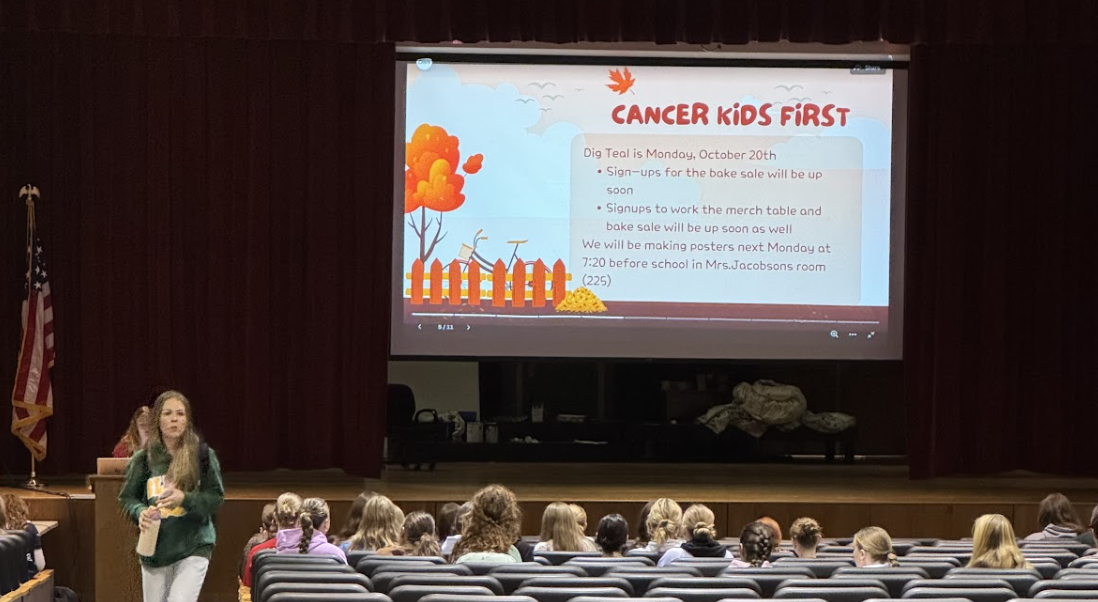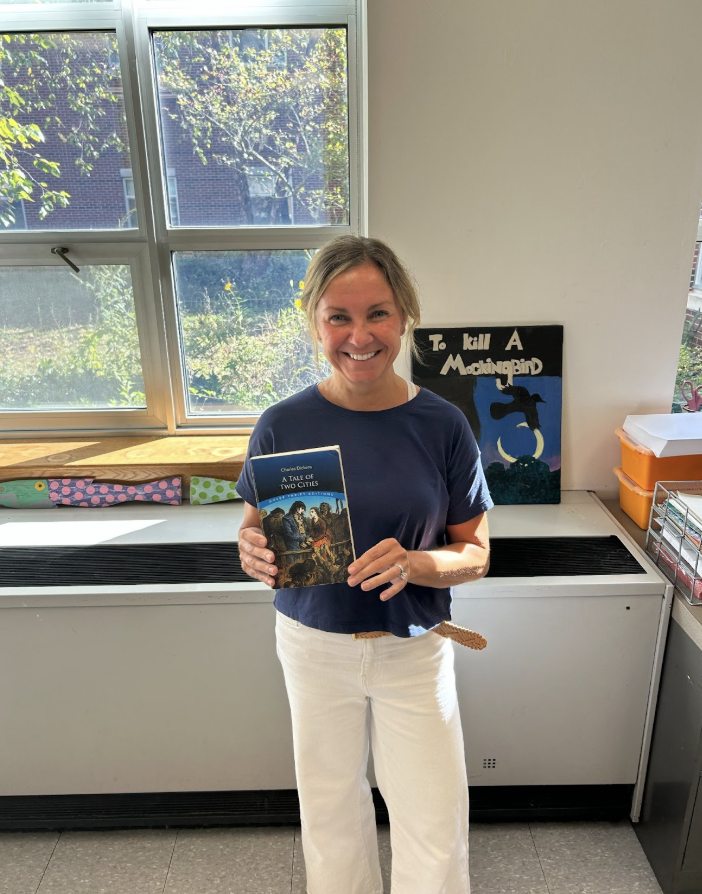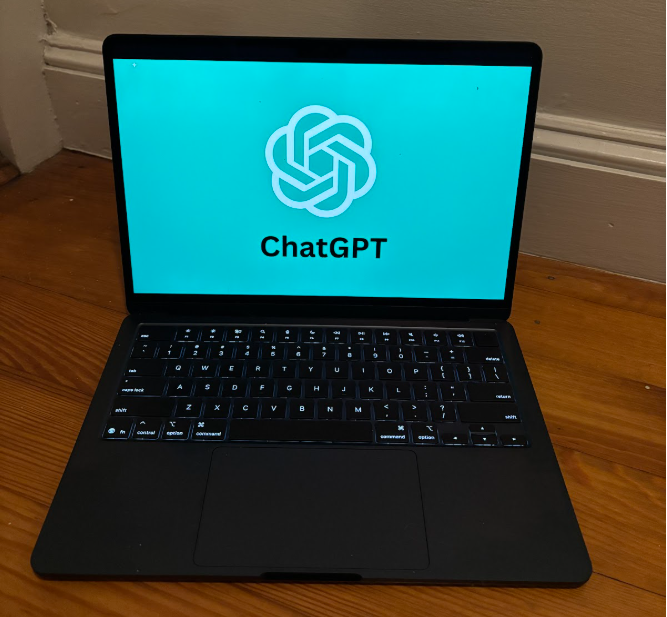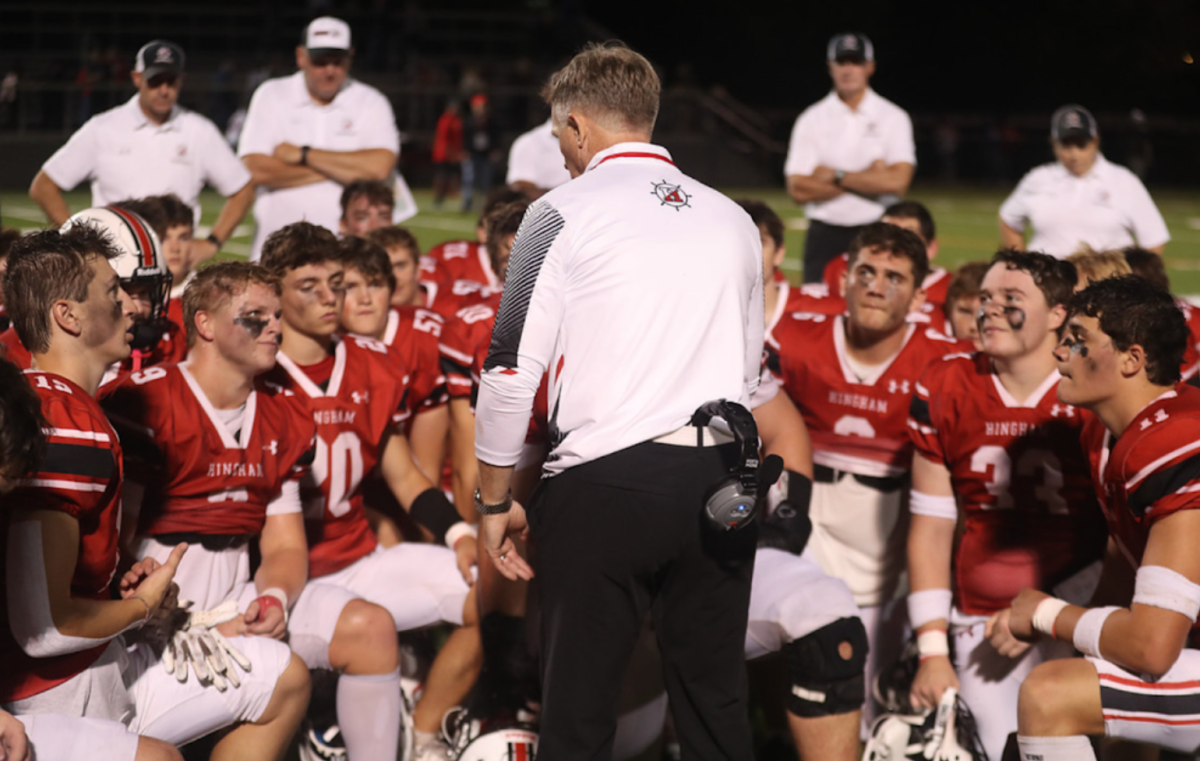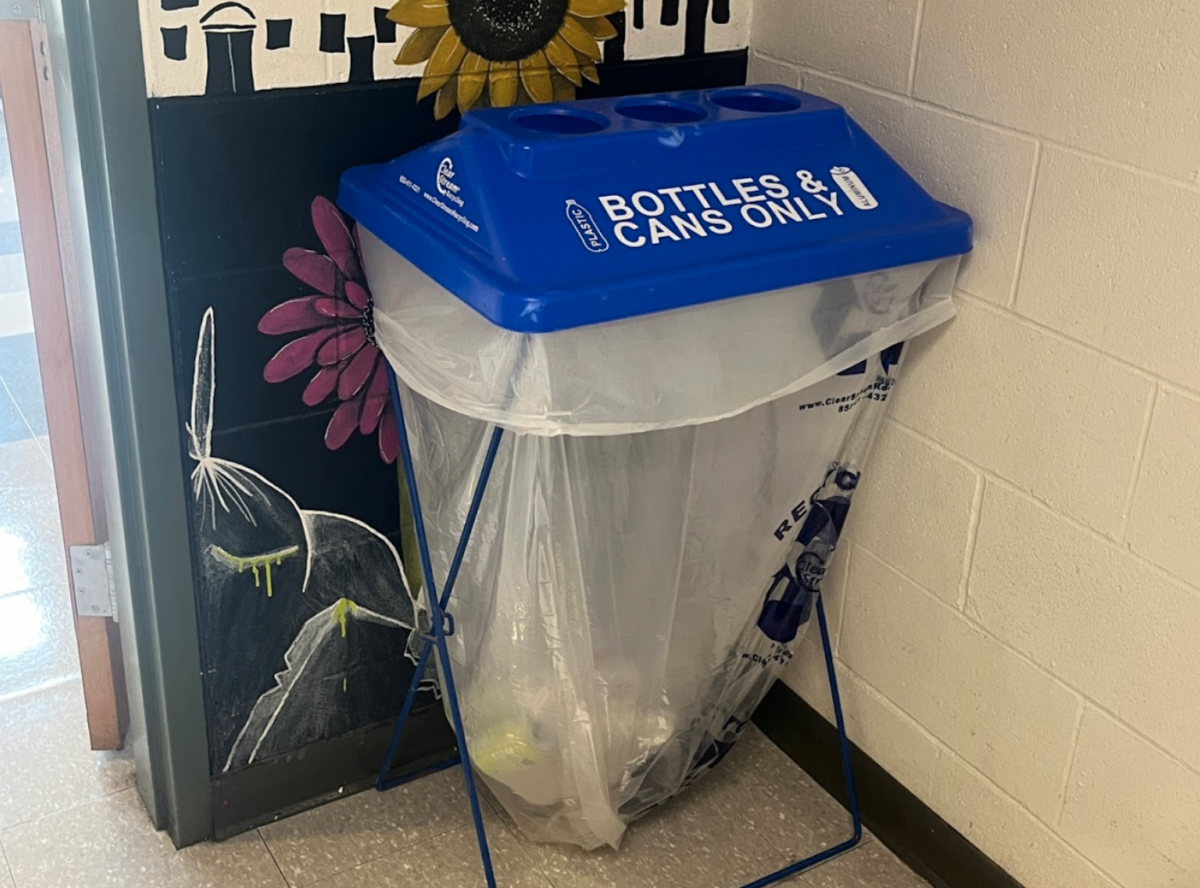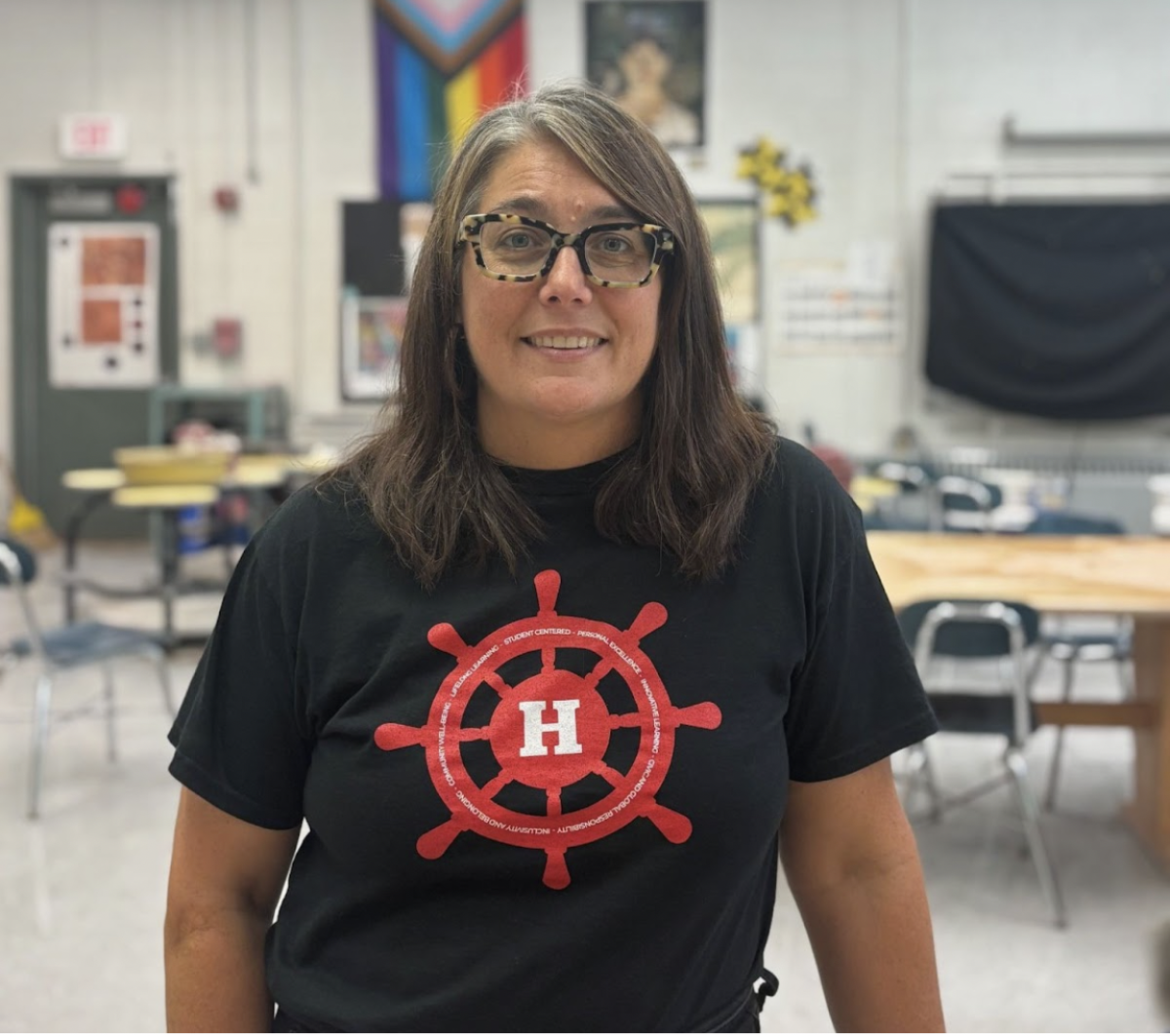In late November of the last academic year, ChatGPT was released and took the world by storm. Since then, it has increased its outreach to many more aspects of education and become a common obstacle for schools dealing with this new technology. The topic of AI, especially within the education system is very controversial, with different people wielding many different opinions.
For teachers, ChatGPT has become a considerable factor from simple homework assignments to large essays. The notion of the in-class essay has become far more prominent since the dawn of these chatbots to prevent students from passing off the work of these robots as their own. Some teachers have taken an invested approach with lots of restrictions and prevention techniques on the other hand, some teachers simply believe it is an individual choice and if the student wants to learn, they should not use AI irresponsibly.
So what does this responsible use look like? T.V. Production and AP Seminar teacher at HHS, Mrs. Garland says, “I think it can be a very good tool for beginning to think about something. But when you actually commit words to paper, I think that you are doing yourself a disservice by not using your own words because you’re depriving yourself of your voice and the ability to really think about something.”
Mrs. Garland’s opinion seems to be a popular one among teachers as they search for a middle ground between completely ruling the technology out and abusing its powers. Reaping the benefits of homework and essays while using AI irresponsibly is almost impossible, however, these intelligent chatbots can greatly expedite the brainstorming process.
In addition, many students have voiced their varying opinions on the use of AI and whether or not it is beneficial to the school environment. On the topic of the dreaded in-class essay, sophomore Alexa Harris shares, “I think AI is harmful because now we have to do all of our DBQs in-class because they don’t trust us because they think we are going to be using AI outside of class and it makes school a lot harder.”
However, ChatGPT can also have positive effects. Its replicative human technology produces more personal and thought-provoking responses. These detailed answers can kickstart research and provide answers to tough questions that a simple google search cannot. As another sophomore at HHS, Audrey Jones thinks, “ChatGPT is beneficial because it allows for more accessibility in learning and more efficient studies.”






